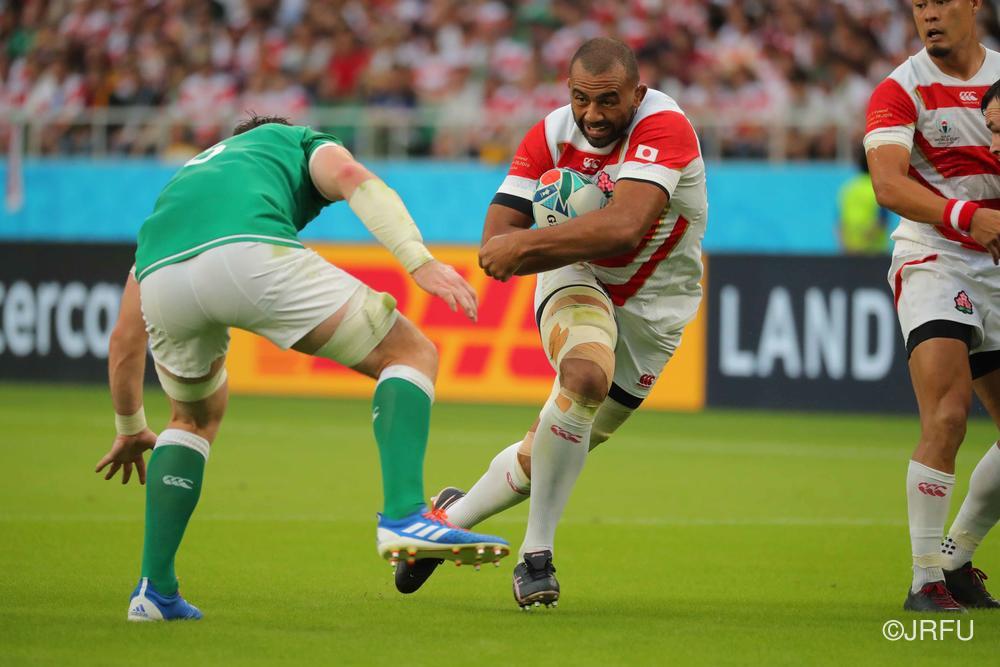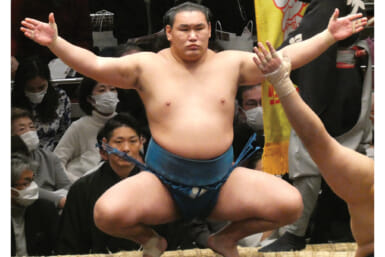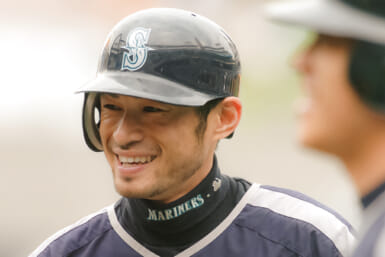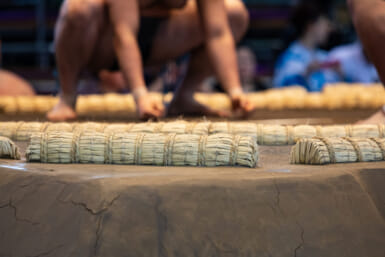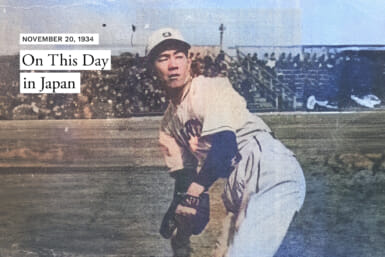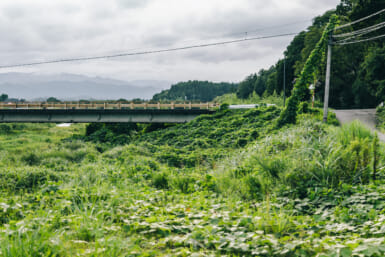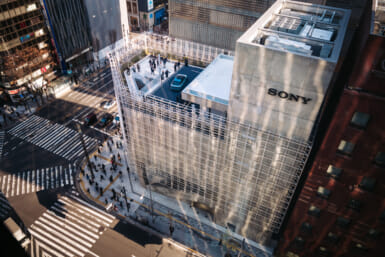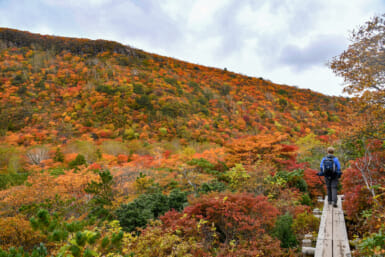In the first rugby weekend of 2020, Japan’s top professional league, the Top League, saw a 39% increase in attendance from the previous season. This came the day after Meiji and Waseda Universities brought in crowds of 57,345 to the new National Stadium in Tokyo for the All-Japan University Rugby Championship.
The effect of last year’s World Cup has become tangible, and if your interest was piqued, there’s plenty more rugby to keep you on the edge of your seats in 2020. Two Top League seasons in one calendar year, the Sunwolves last hurrah in Super Rugby, and the Olympic rugby sevens will all grace Japan’s playing paddocks.
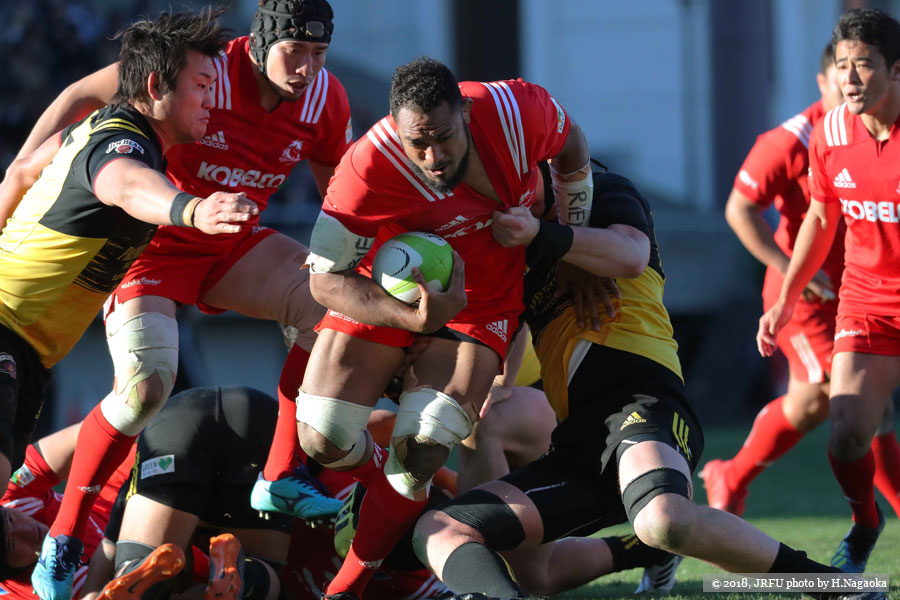
©JRFU
The Top League
The Top League is set to run twice in 2020 after the Rugby World Cup pushed the 2019–2020 season back to its first ever January starting berth. For the players this means a lot of potential rugby on the cards during an already jam-packed season, but in the interest of maintaining local World Cup hype, that could be a blessing in disguise.
The Top League operates under an unusual structure where teams are offshoots of corporate entities, meaning each club is in essentially a company rugby team. A quick glance at some club names – Kobe Kobelco Steelers, Panasonic Wild Knights, NTT Communications Shining Arcs – and it’s clear to which megacorp they pledge their allegiance. While this has attracted a little distaste from members of the media and punditry, not to mention the sporting purists, some of the best players in the world have been lured to the Top League due to the delicious pay packages on offer.
All Black legends Dan Carter and Brodie Retallick are plying their trade in Kobe, while compatriot and former New Zealand captain Kieran Read has jumped ship from his native Canterbury to play for Toyota Verblitz (who are under the stewardship of the recently abdicated All Black coach, Steve Hansen). Australians Quade Cooper, Will Genia, Samu Kerevi and Matt Giteau are also currently on the rosters of Top League teams. As are several 2019 World Cup winners, including Damian De Allende (Panasonic Wild Knights) and Duane Vermeulen (Kubota Spears). To make things even more mouth-watering for fans, most of Japan’s World Cup heroes are in action too.
The 2019–2020 Top League season kicked off on January 11 and continued through May.
The Sunwolves
Japan’s short foray into the Super Rugby Championship, arguably the world’s most competitive league, came via the Tokyo-based Sunwolves. Their moment in the limelight was ruthlessly ended in March 2019, when governing body SANZAAR dropped the guillotine on “the wolfpack” only three years after their initial inclusion. The silver lining is that their exit from the league doesn’t come into effect until 2021, so we’ve got one more year of the Sunwolves lighting up the fields of Chichibunomiya Stadium.
Unfortunately, due to contract struggles, the side is pretty new-look; many of their top Japanese internationals were not released from Top League club obligations. They have managed to bag some proven international talent, including former British & Irish Lion Ben Te’o, but will likely struggle to form a cohesive unit before they kick off their swansong campaign on February 1 against the Melbourne Rebels. The Sunwolves will play home fixtures all over the country (and in Singapore) this season, but Chichibunomiya Stadium, which has one of the best week-to-week atmospheres in Super Rugby, will remain their primary HQ in 2020.
The Super Rugby Season runs from February 1 through May.
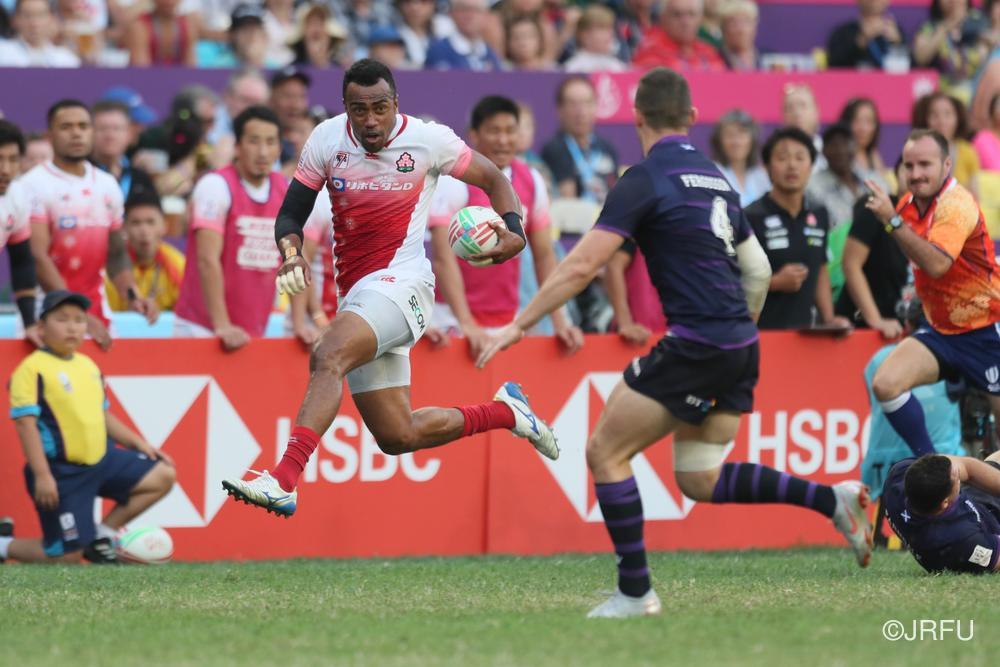
©JRFU
Olympic Rugby Sevens
Rugby sevens – a shortened form of the game where each team only has seven players on the field – will appear at the Olympic Games for only the second time in 2020. History was made during its last outing when a victorious Fiji side claimed the men’s gold in 2016 – the nation’s first ever Olympic gold medal.
Japan hopes to use home advantage to create a little bit of history of their own this year. They lost to eventual winners Fiji in the 2016 Olympics semi-finals, proving that they have the quality to compete at the top level in spite of poor recent form. One subplot which will grab a few headlines is the final professional rugby endeavor for Japan’s 2019 World Cup sensation, Kenki Fukuoka. The flying winger will retire after the Games to follow in the family footsteps and become a doctor.
The 2020 Olympics rugby sevens (men’s and women’s events) will take place from July 27 to August 1 at the Tokyo Stadium in Chofu.
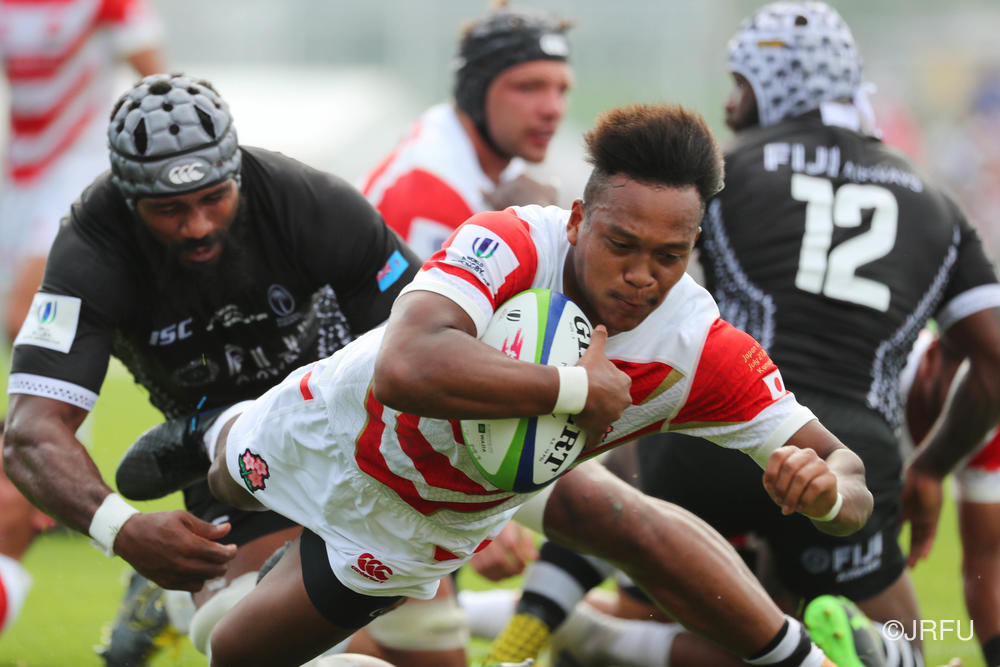
©JRFU
Brave Blossoms
Though Japan won’t be able to rock the world stage in 2020 in the same fashion they did last year, they will be buoyed by the opportunity to host Wales in an international friendly on June 27. The encounter will be held at Shizuoka’s ECOPA stadium, where they felled the Irish in a history-making bout last September. If the masterminds behind that victory, Jamie Joseph and Tony Brown, can get the Brave Blossoms to re-channel that same energy and intensity, anything is possible.
Feature image of Michael Leitch ©JRFU

